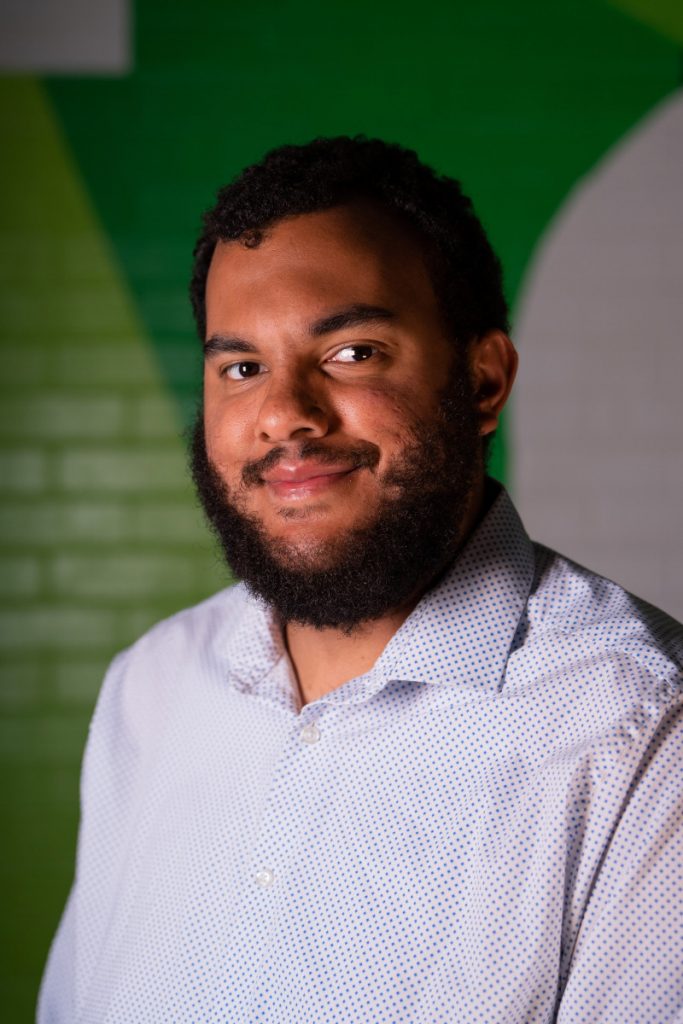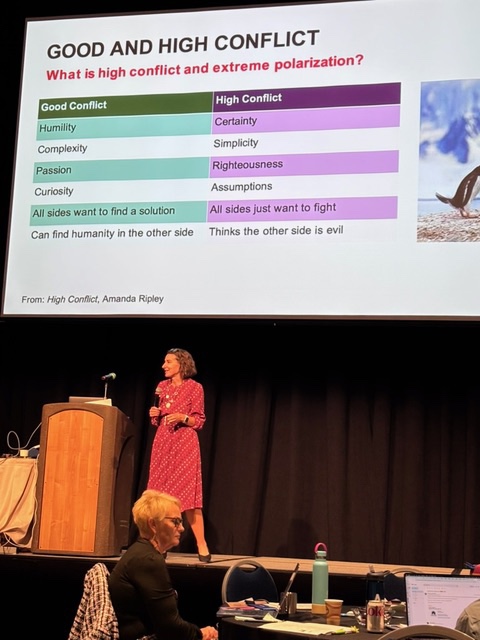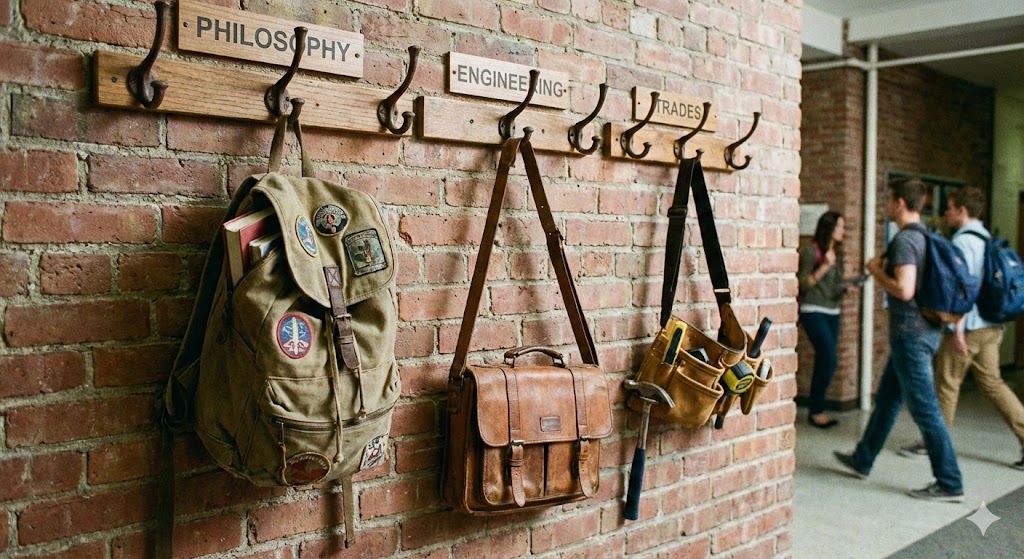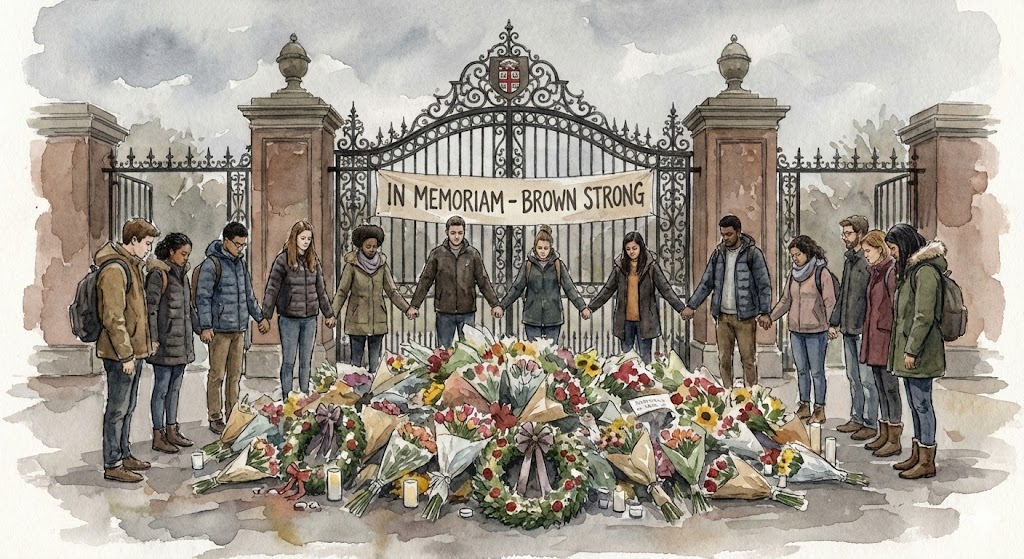Editor’s note: This piece by Shawn Greene is the latest installment of monthly contributions to Boardhawk from Ednium: The Alumni Collective.
Growing up in Denver, I spent my entire K-12 education in Denver Public Schools. From Ebert Elementary, which shut down at the end of my kindergarten year, to Park Hill Elementary, Smiley Middle School, and eventually George Washington High School, my journey has been deeply intertwined with the DPS community.
Today, as an eighth-grade English teacher at KIPP Northeast Denver Middle School, my commitment to education and my community has only grown stronger.
Reflecting on my years within DPS, each school I attended played a role in shaping my future and giving me the direction I needed after high school. After graduating in 2016, I attended the Community College of Denver, earning an associate degree in political science before transferring to Metropolitan State University of Denver where I earned my bachelor’s degree in political science with a minor in sociology.
I proudly graduated debt-free in 2020, thanks in part to the Denver Scholarship Foundation grant and their support in helping me navigate the financial part of my education.
My journey led me to AmeriCorps, where I worked at Denver Center for 21st Learning (DC-21) tutoring students and making sure they attended their classes, eventually becoming a teacher apprentice. Today, as a full-time teacher at KIPP Northeast Denver Middle School, I bring all my educational lived experiences into the classroom.
During the pandemic, I participated in a focus group for young DPS alumni, led by Ednium. This experience was very impactful, connecting me with other alumni from across the district and sparking a shared vision for educational improvement.
After the focus group, I participated in the inaugural cohort of Ednium’s Leadership Launchpad where, at its conclusion, we advocated for the implementation of financial literacy and Cultural Education Studies (CES) as graduation requirements in DPS, both of which were successfully adopted by the school board.
Though I haven’t been directly involved in the implementation process, our advocacy efforts highlighted the need to give students practical financial skills and a deeper understanding of diverse cultures. The challenges, particularly around financial literacy, have reinforced the importance of our work.
Growing up, I wasn’t taught how to take out a mortgage or manage a car loan, and it’s crucial that today’s students receive this knowledge to manage their money, learn how to buy a house, manage stock portfolios, or even just stay out of debt. Their success depends on successful implementation of this resource.
I constantly emphasize to my students that college is attainable and affordable, encouraging them to explore scholarship opportunities and make informed decisions about their futures, even in eighth grade. It’s important because all kids deserve to learn about money in addition to their own culture and the cultures of others as well.
My experience at George Washington High School, an incredibly diverse school, significantly influenced my perspective and continues to lead how I work with my students. My friends came from different races, ethnicities, and religious backgrounds, which helped me understand true diversity and how other people live and celebrate one another.
I learned to understand the nuances of different backgrounds first-hand and use that to cultivate an open and diverse classroom environment, where every student feels valued and understood.
One of my favorite aspects of teaching is interacting with the different personalities in my classroom. Each student brings a unique perspective, and I find immense joy in encouraging and motivating each of them in different ways. I enjoy managing all the personalities and finding out how to get the best work out of every student.
I focus on preparing my students for high school, reinforcing the importance of working hard and recognizing the consequences of not completing assignments. I talk about high school graduation requirements early in my class so students can see how each semester matters towards that goal of graduation and beyond.
My goal is for my students to leave with not only stronger reading and writing skills but also a lasting impact from one of the books they read in my class and at least one or two key life skills they can apply to their life in and outside of the classroom.
Looking ahead, I am committed to continuing my advocacy for all DPS students to ensure they are getting the skills and resources we did not have access to. I was lucky in some ways at George, because we were offered cultural and ethnic studies courses and had access to resources to ensure we could find success post-graduation, but not all schools are that way.
Despite where my students come from or the life experiences they bring with them, my job is to encourage them to seek the opportunities they deserve.




